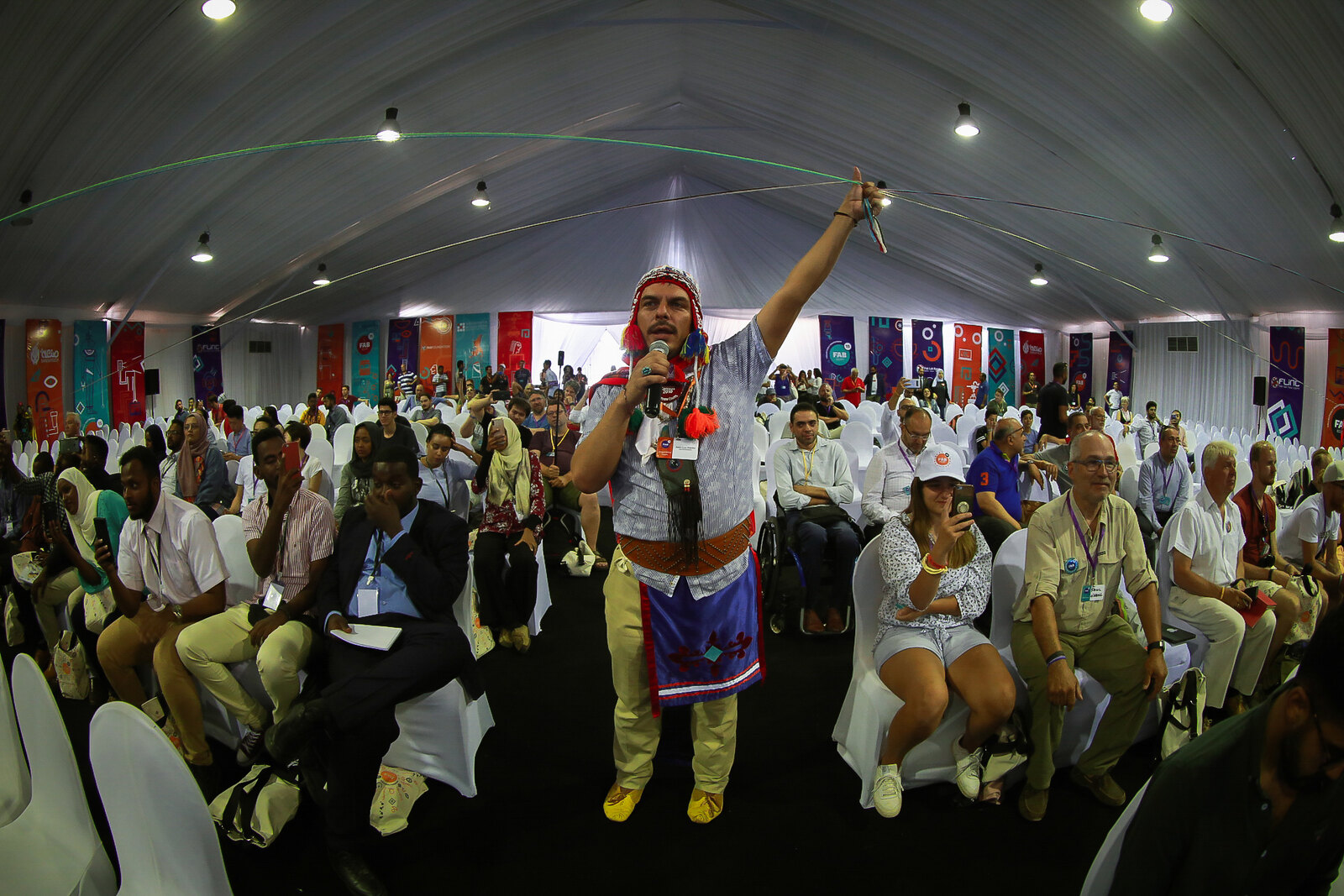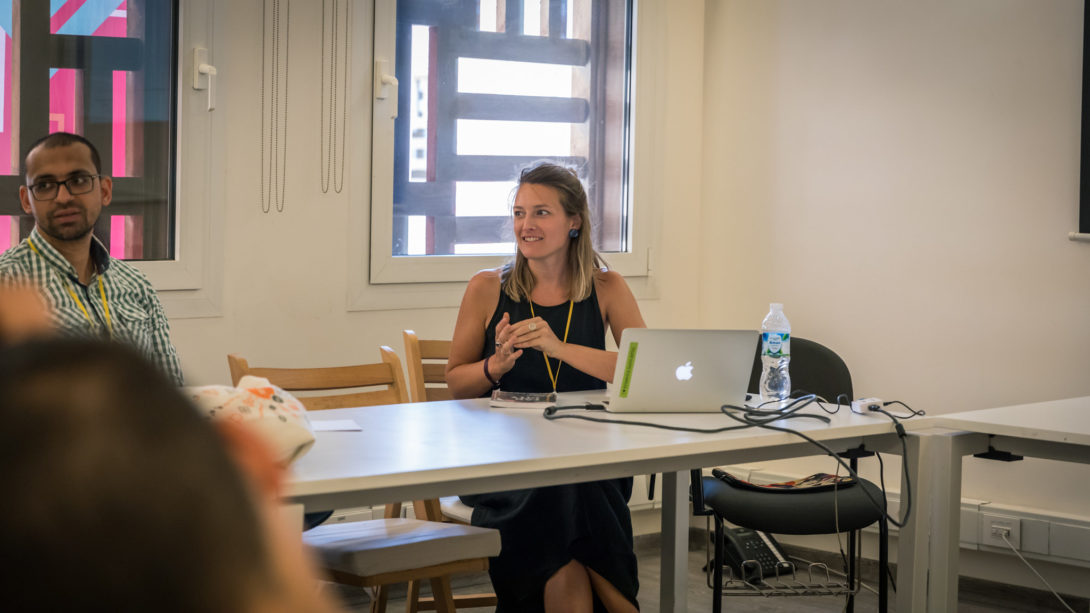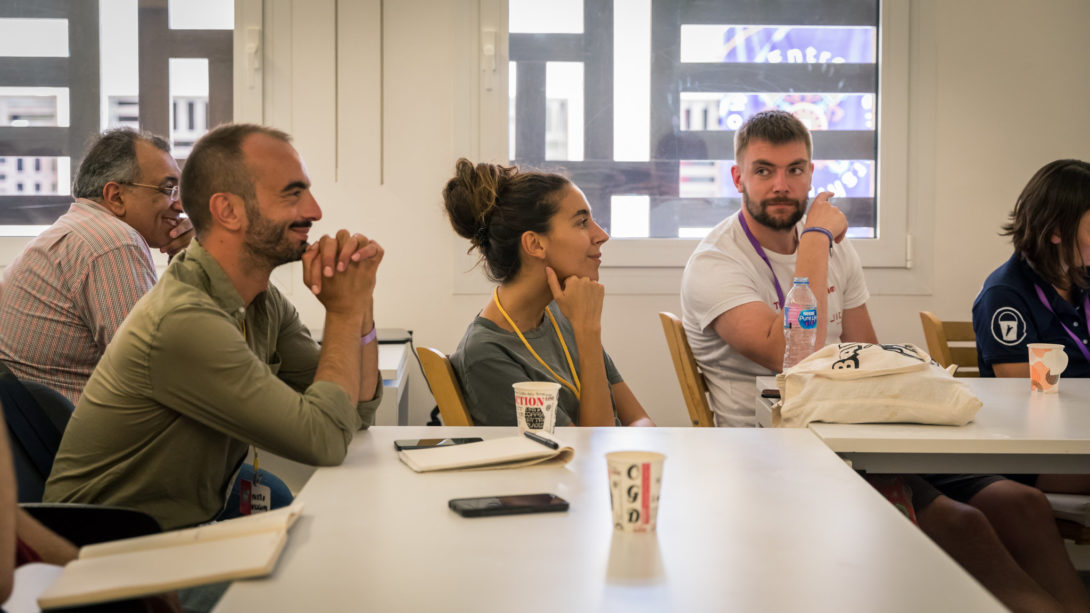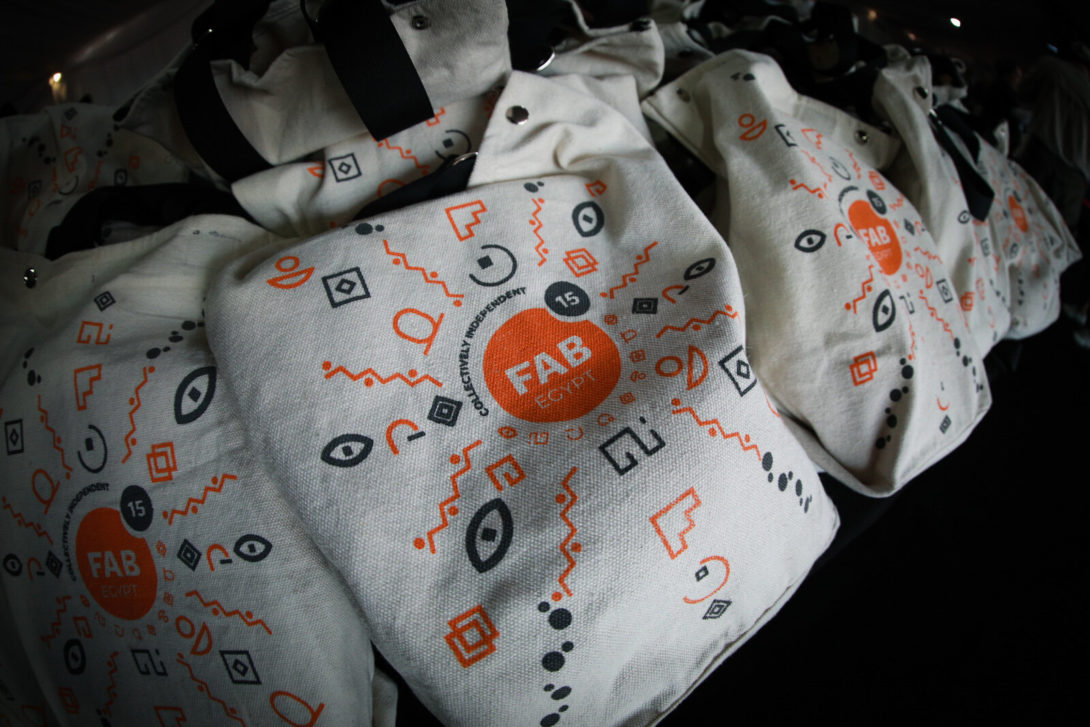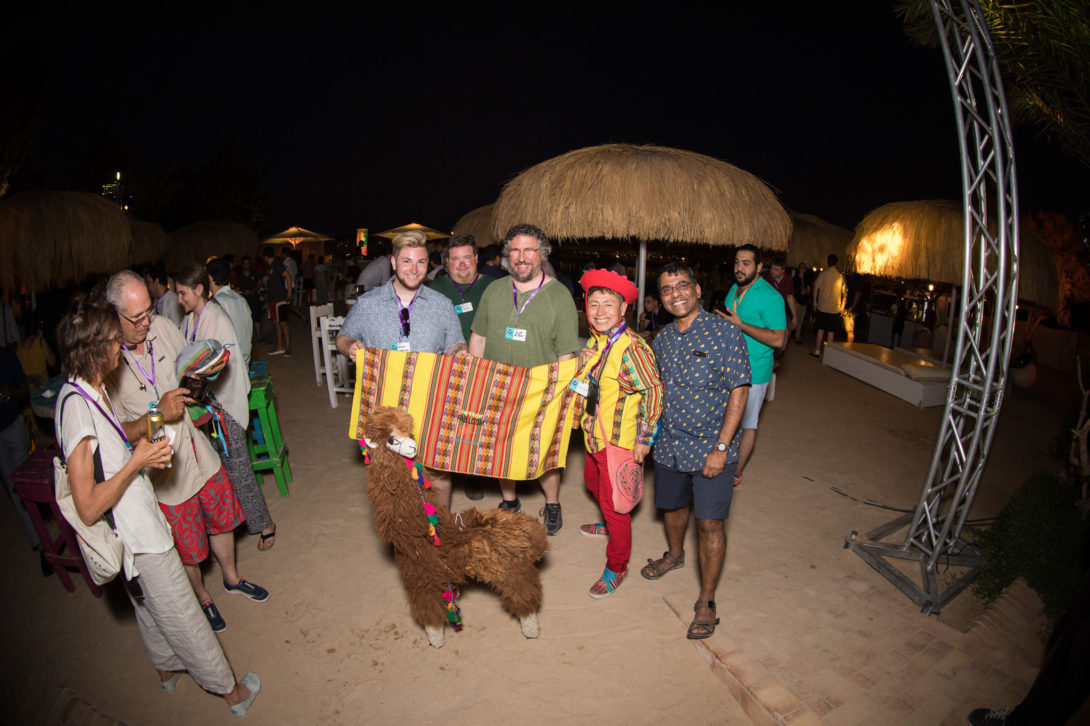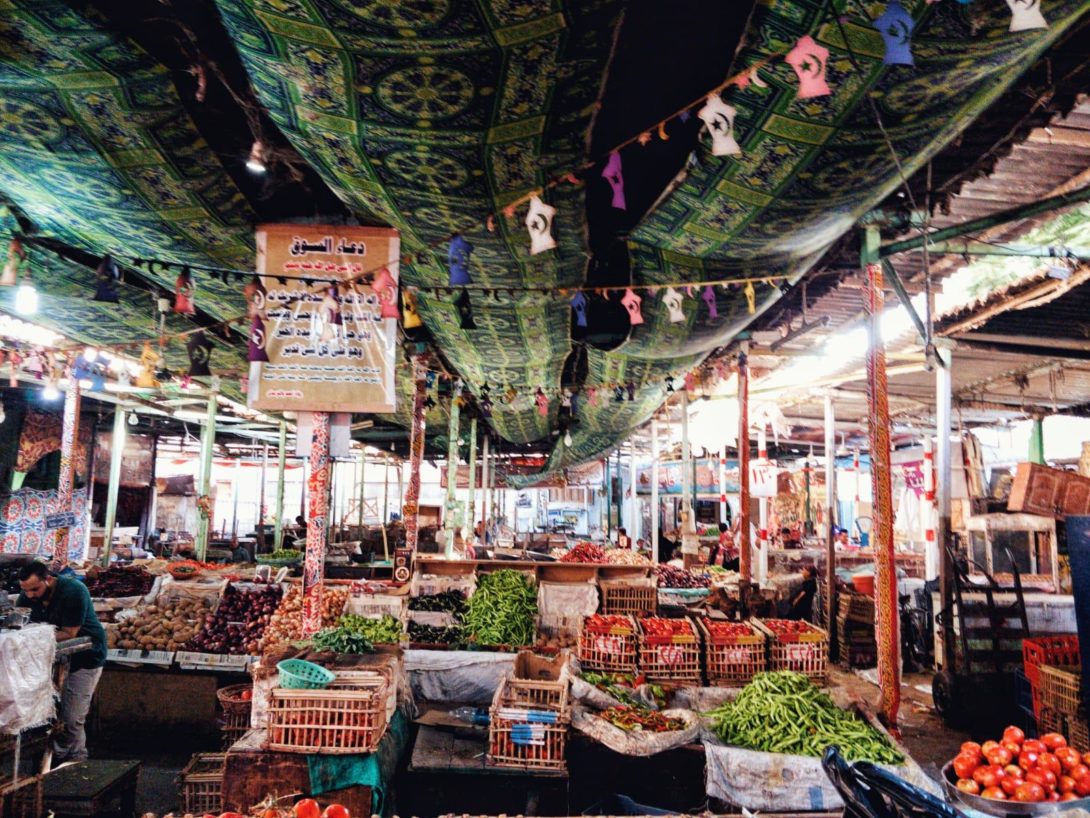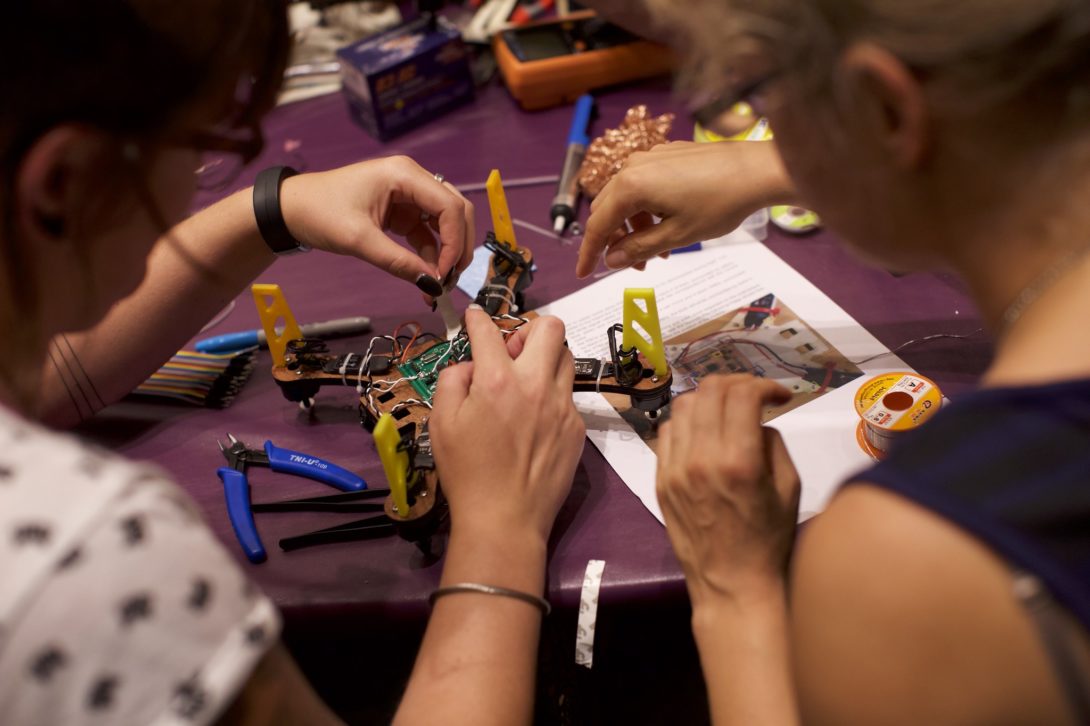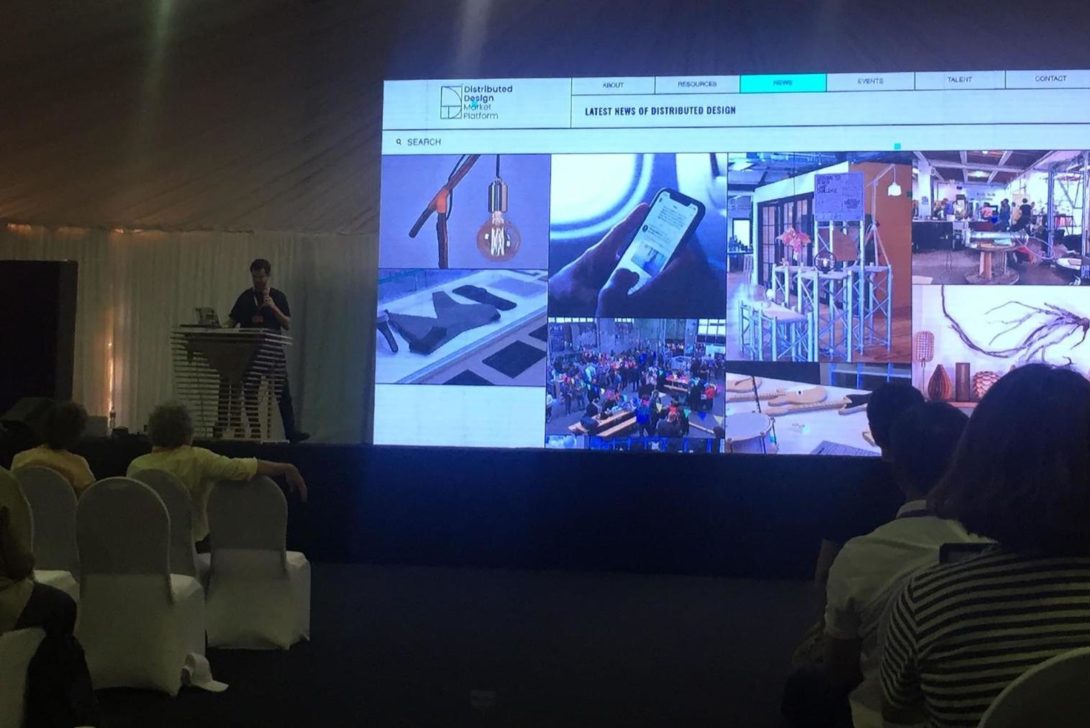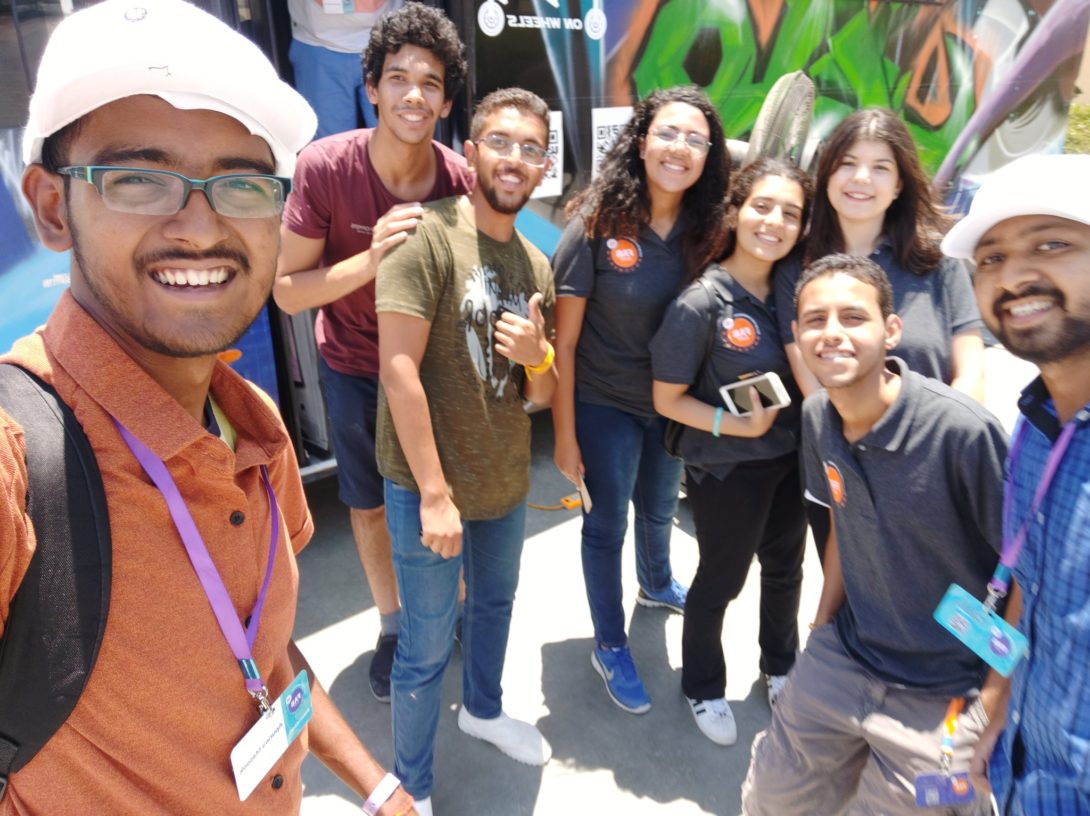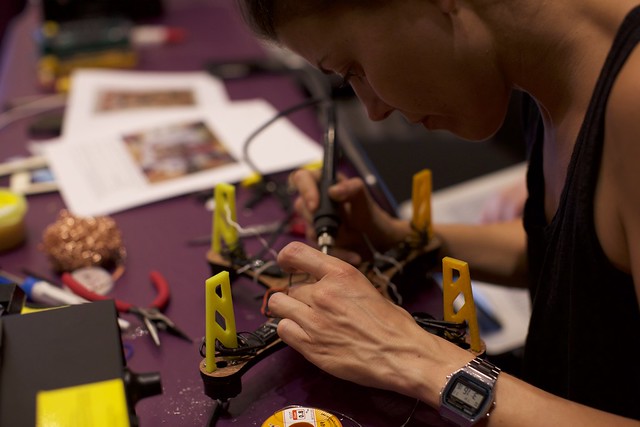Blog
As Project Manager of DDMP, I travelled to Egypt to join the event along with with project advisor Tomas Diez Director of Fab Lab Barcelona at IAAC and other colleagues from Fab Lab Barcelona. The event was hosted by Fab Lab Egypt and Fab Lab New Cairo in El Gouna on the Red Sea and in Downtown Cairo which were both exceptional locations, in their own ways. We experienced incredible hospitality, cuisine and heat (it was the middle of the desert) and met with new and old colleagues including the team from Wikifactory, DDMP Advisory Board member Nadya Peek and Enrico Bassi from platform member Open Dot.
Distributed Design was distributed throughout the conference content. I presented a workshop attended by Fab Lab leaders from across the globe in which we aimed to collectively understand the challenges currently being experienced by makers in bringing their products to market, specifically focused on challenges with communication. Tomas Diez of IAAC presented DDMP as part of a presentation on the conference main stage, which was also graced by Max and Christina from Wikifactory who announced the fablabs.io white label which is set to change the way Fab Labs and makers collaborate for project development.
It was a unique experience meeting so many diverse and dedicated Makers and Maker-enablers in the calm of the desert and the chaos of Cairo. I took many key messages away from the week but here are my top three points:
There was a collective recognition of the need for FabLabs and makers to embrace their ability to make an impact beyond the lab, to other fields of work and society in which the ‘Maker’ method of working can be of benefit. One such example which also represented Distributed Design in practice was Foldscope, presented by co-inventor Manu Prakash. Manu is Professor of Bioengineering at Stanford University, and uses frugal science as a means of increasing accessibility to health and wellness, particularly in developing countries. Manu showed the now well-known project Foldscope, which is as it sounds, a foldable microscope. The simple design, made to be distributed and shared the world over, is low cost, locally adaptable and allows for the collection and circulation of open data. Plus, it’s super duper easy to use, meaning the data collection can also be distributed to anyone, anywhere. The sentiment was echoed in a panel I moderated at the Fab Festival in Cairo with Professor Neil Gershenfeld, the ‘father of Fab Labs’ and Professor at MIT Centre for Bits and Atoms. Neil reiterated that FabLabs are not spaces to manufacture, but spaces to change the way we approach manufacture and ignite a movement to rethink how we approach making, products, consumption and what we value to enable us to rethink the system and rethink the paradigm we are designed for.
Value was, as it should be, a hot topic at the conference. Specifically, I was interested in the talk by Marta Ajmar, Deputy Director of Victoria & Albert Research Institute (VARI). Marta drew on the history of making to explore a new understanding of the value of making contemporary and future culture. A research line at the V&A, Marta highlighted the manner in which making is a form of knowledge construction which must be attributed to the maker. For me, this spoke directly to considerations being raised in terms of Distributed Design, in that to make (do, design, construct and create) informs how culture developments. In exploring Distributed Design we are interested in the cultural and social value being developed, not just the practicalities of this new way of practicing.
Finally, such a massive meeting of creative, innovative, friendly people left me with the realisation that community is everything. Whatever is made in a FabLab or makerspace may as well stay there, if it isn’t created for a community of people who use and champion it. Enrico Bassi from Opendot presented a great example of just how impactful products can be when we open our doors to the community. Design for Care is their co-design solution to work with people to design necessary mobility aids, prosthesis and tools using computational design, prototyping and digital fabrication methods. Violets Bicycle, the project seen here in the photo with Enrico on stage, was featured in our DD Awards this year, with good reason. The project shows how creativity, design and open processes can not just create great products but can improve life, which was the theme of this year’s award. Many projects that open the maker to convivial design processes and localised impact that we love in DDMP, like Careables, were explored at this year’s conference putting design alongside making on the global maker stage.
Kate Armstrong, Project Manager DDMP
